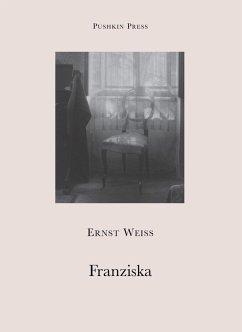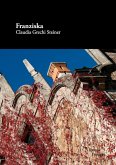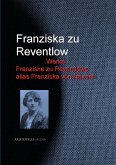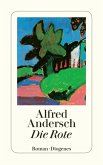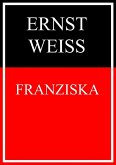Following the death of her mother, Franziska turns away from love and follows a grimly determined path to achieve a career as a concert pianist. Her determination takes her from her humble home in a small Czech town to an unconventional life in Prague, and eventually draws to a destructive climax in pre-war Berlin. Franziska is a fascinating exploration of character, an alluring treatment of the power of music and of a woman’s obsession. Ernst Weiss’ second novel was published in 1914 and was highly regarded by Franz Kafka, with whom Weiss was in regular contact.
Dieser Download kann aus rechtlichen Gründen nur mit Rechnungsadresse in A, B, BG, CY, CZ, D, DK, EW, E, FIN, F, GR, H, IRL, I, LT, L, LR, M, NL, PL, P, R, S, SLO, SK ausgeliefert werden.

